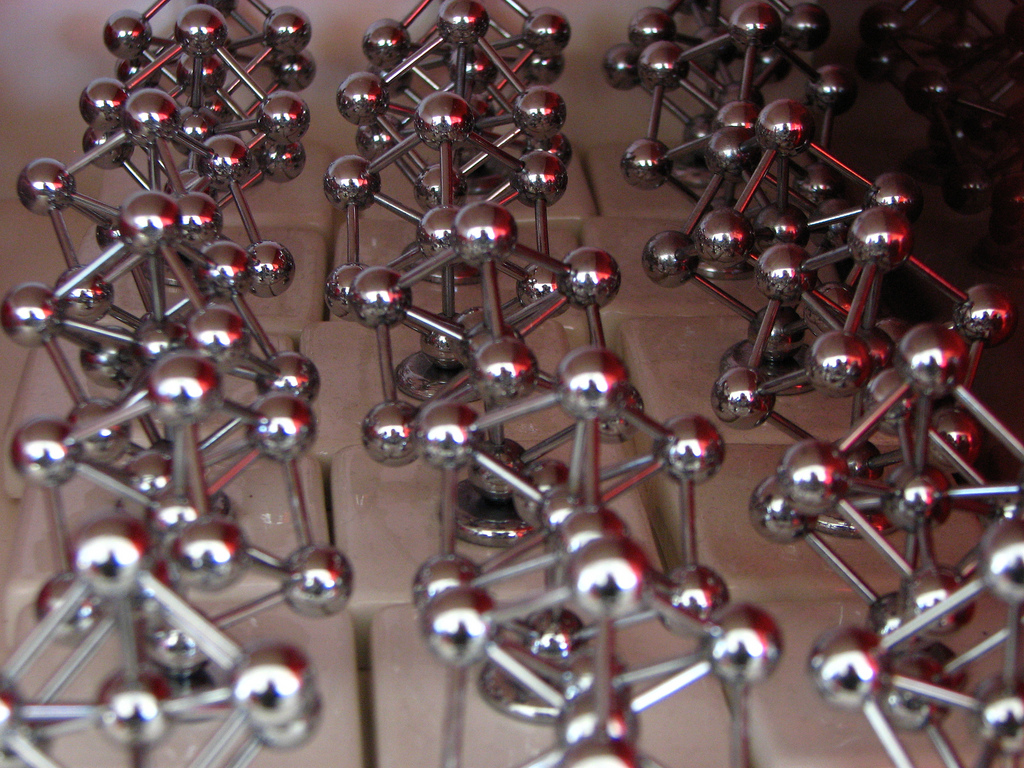UOC participates in launch of a big data network for open research
The UOC, together with five other universities, and the Spanish National Research Council (CSIC) have created Maredata, a Spanish network of open research data that will strengthen partnerships between researchers and serve sectors and disciplines interested in studying scientific data. On behalf of the UOC, Agustí Canals and Alexandre López-Borrull, professors at the Faculty of Information and Communication Sciences, are responsible for having developed this network.
For Canals, Maredata represents “the joint effort of several research groups” in the field known as science of science and innovation, a sphere that has arisen from the transformation that ICTs have triggered in scientific activity.
Phenomena such as the constitution of major scientific partnerships, open science, citizen science, crowd science, supercomputing, big data technologies or the possibility of obtaining large quantities of data from all manner of systems means that scientists are changing the way they work and how they relate to one another and to the general public.
Agustí Canals hopes that with this new scenario, “the data gathered in scientific experiments will be open and available for use by the scientific community as a whole”. And indeed, the Maredata network aims to become a platform to develop the exploration and promotion of this activity.
Science is opening up to the world
Alexandre López believes that the “existence of the network reveals an interest in research in this field, both in terms of government, to improve the management of public resources , and with respect to improving the efficiency of research”. Thus, “new technologies and scientific partnerships are new pillars upon which a new and more open model of science can be built”.
And what role do information specialists and archivists play in this new scenario? According to López, “they have an additional opportunity to demonstrate their role in the information and knowledge society, whether this be from university libraries, technological transfer offices or research institutions”.
And it is through KIMO , the UOC’s research group, that both bring to the network their years of experience in the study of large research organizations “such as CERN and ties and contacts generated over this time”, explains Canals.
In addition to the UOC, this project has been made possible thanks to the Universitat Politècnica de València (UPV), the Institute of Agrochemistry and Food Technology (IATA-CSIC), Ingenio (CSIC-UPV) and the Research and Information Unit on Social and Health Issues (UISYS) of the Universitat de València and CSIC, the University of Alacant (UA), the University of Barcelona (UB) – as coordinator – and the Carlos III University of Madrid.
The goal of the network, financed by the Ministry of Economy and Competitiveness, is to contribute to creating a framework of open science in Spain that encompasses different agents interested in research data.
Moreover, it seeks to increase the participation of Spanish researchers in projects from the Horizon 2020 programme and to generate new research areas based on open data and open science, as well as developing guidelines on the management of research data.
KIMO
The work of the KIMO group, certified as a research group by the Government of Catalonia, focuses on the sphere of information and knowledge management in organizations. The group is made up of eight researchers, six of whom hold doctoral degrees. The group’s research perspective is noticeably interdisciplinary, driven by the diverse academic origins of its members (information science, business organization, management, engineering and natural sciences).
Experts UOC
Press contact
-
Editorial department
